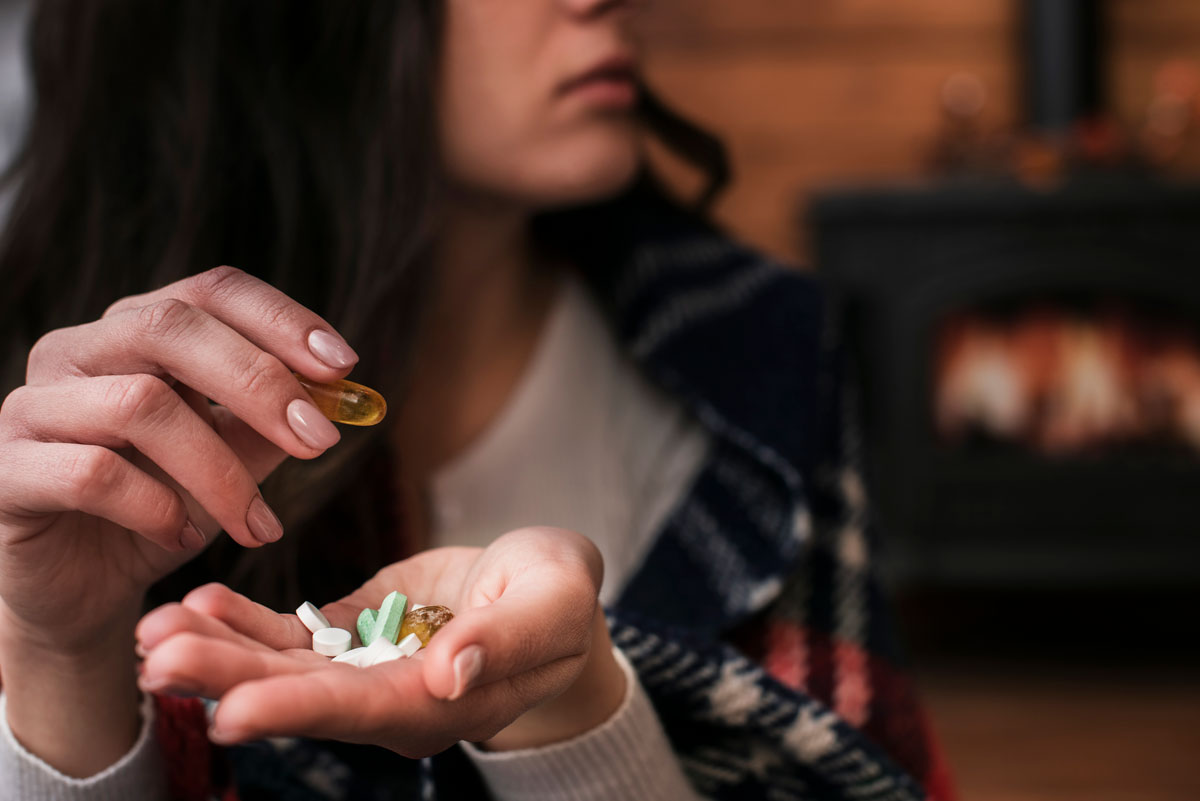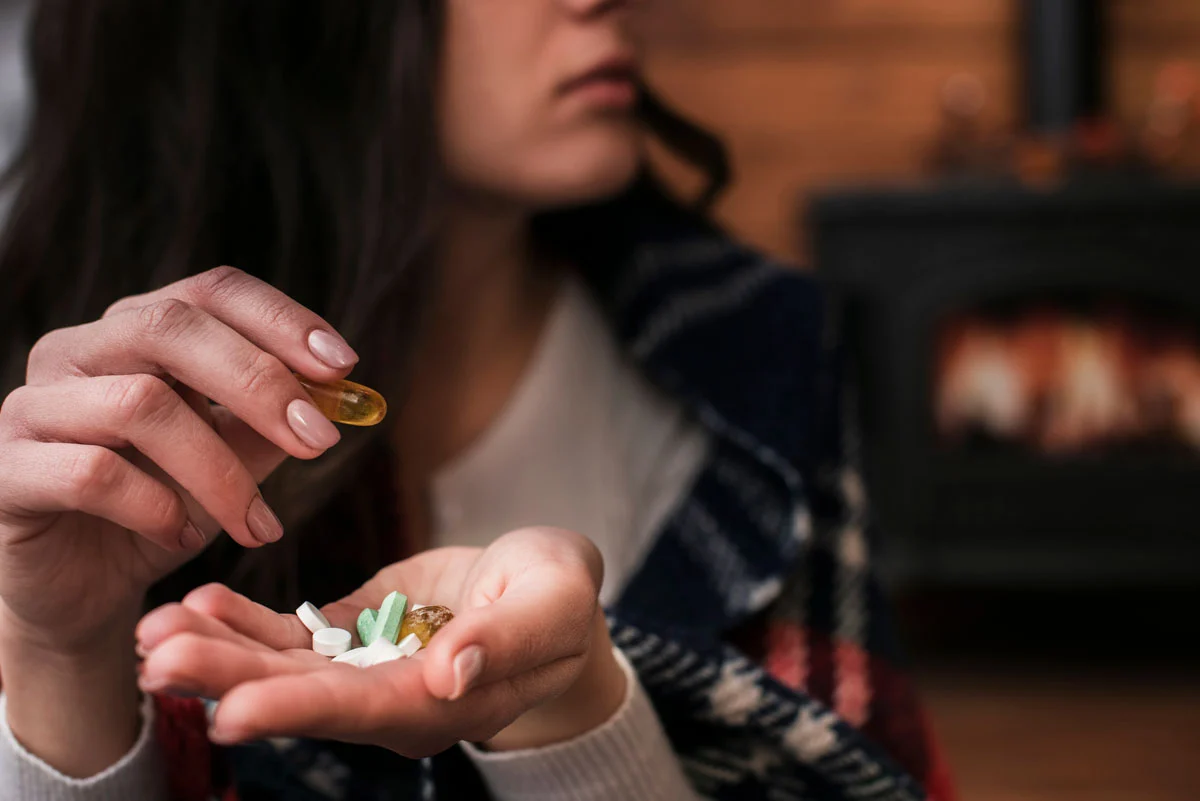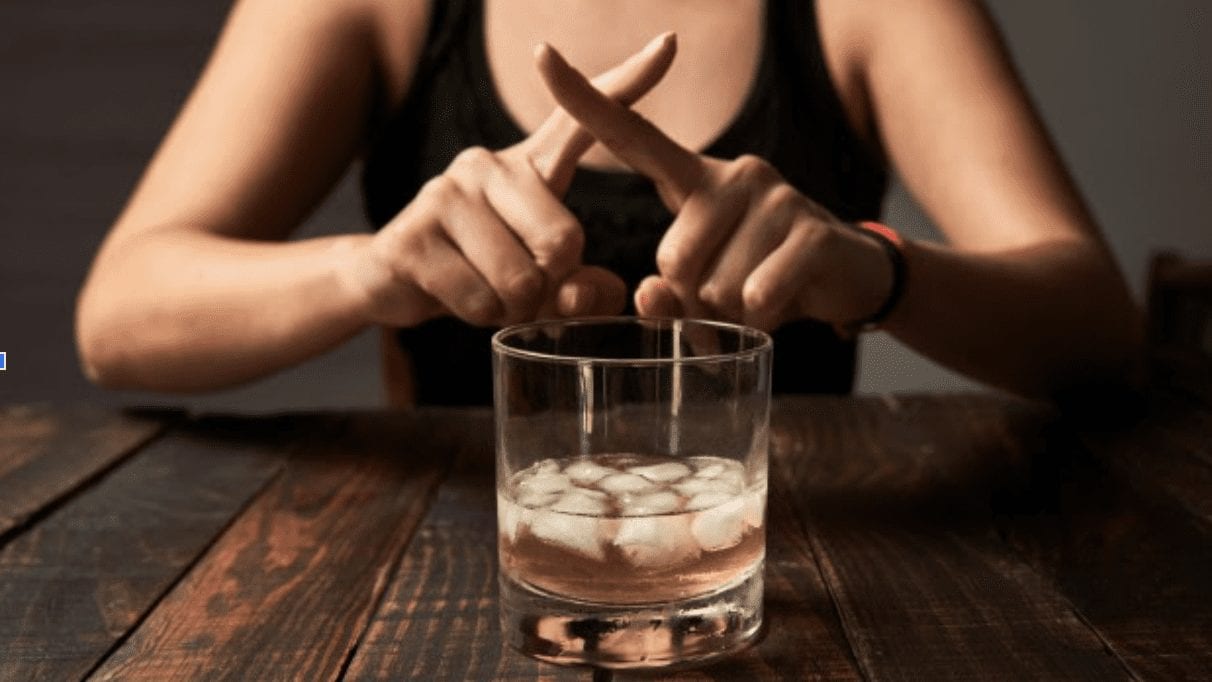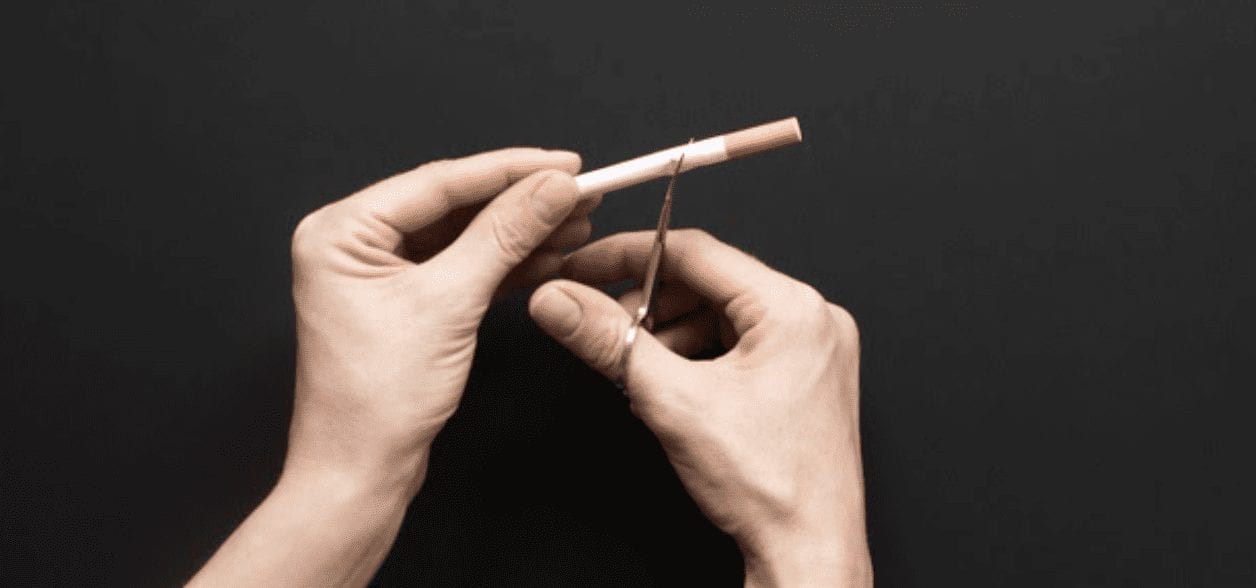
Are you or a loved one struggling with addiction? At Anchored Tides Recovery in Huntington Beach, we understand the unique challenges that women face in their journey to recovery. Our women-only addiction treatment program is designed to provide a safe and supportive environment where you can heal, grow, and regain control of your life.
Women’s Unique Journey with Addiction
It’s important to understand that when it comes to addiction, women often go through some pretty distinct experiences. It’s not a one-size-fits-all situation, and these differences can have a big impact on how addiction affects them. So, let’s break it down in a more relatable way:
- Biological Factors: When it comes to addiction, it’s important to recognize the biological differences between men and women. Women typically have less body mass and a higher percentage of body fat than men. These differences can result in a heightened sensitivity to substances, potentially making them more vulnerable to addiction and its effects.
- Social and Cultural Pressure: We all feel the pressure from society, right? But for women dealing with addiction, it can be even tougher. There’s that stigma and shame attached to it, which can make us think twice about seeking help or admitting what we’re going through.
- Dealing with Past Trauma: It’s heartbreaking, but many women facing addiction have been through some really tough stuff. Sometimes, turning to substances becomes a way to cope with all that emotional pain. Getting through this trauma is a big part of getting better.
- Dual Trouble: Life can throw us a curveball, and sometimes, it’s not just addiction we’re dealing with. Depression, anxiety, eating issues – these can tag along and make things even more complicated.
- Balancing Acts: We’re often the ones juggling multiple roles in our families, right? But addiction can throw a wrench into that balancing act, straining our relationships and responsibilities.
- Barriers to Help: Being a woman can sometimes mean facing unique hurdles when seeking addiction help. Childcare duties, tight budgets, or just not knowing where to turn can make the journey tougher.
- Different Substance Preferences: Our taste in substances might not always match the guys’. Sometimes, we lean more toward prescription meds, and our reasons for using them can be totally different.
- Recovery Squad: Many of us find real strength in being part of treatment programs with other women who’ve been through the same struggles. Having friends who get it can make a world of difference on the road to recovery.
Recognizing these unique experiences is crucial. It helps us tailor addiction treatment programs to better fit the specific needs of women. Creating a safe, understanding, and welcoming environment is the key to helping us on our journey to recovery and a brighter future without addiction.
Why Choose Women-Only Addiction Treatment?
- Understanding and Empathy: Our all-female staff understands the specific emotional and psychological factors that contribute to addiction in women. We provide empathetic and compassionate care tailored to your needs.
- Safety and Comfort: Women often feel safer and more comfortable in a women-only environment, making it easier to open up and share their experiences and emotions.
- Community and Connection: Build strong connections with other women who have faced similar challenges. Peer support is a powerful tool for recovery.
- Specialized Therapies: Our addiction treatment program incorporates therapies and counseling techniques that address the unique needs of women, including trauma-informed care and gender-specific counseling.
Our Women-Only Treatment Approach
At Anchored Tides Recovery, we take a holistic approach to addiction treatment. We focus on healing the mind, body, and spirit to achieve lasting recovery. Our comprehensive program includes:
- Individualized Treatment Plans: We create personalized treatment plans based on your specific needs and goals.
- Medical Detoxification: Our medical team provides safe and comfortable detox services to help you start your recovery journey.
- Therapeutic Modalities: Evidence-based therapies such as Cognitive-Behavioral Therapy (CBT), Dialectical Behavioral Therapy (DBT), and more.
- Nutrition and Wellness: We emphasize the importance of nutrition and physical well-being in the recovery process.
- Mindfulness and Meditation: Techniques to reduce stress and promote inner peace.
Your Path to Recovery Starts Here
Don’t let addiction control your life any longer. Anchored Tides Recovery is here to help you take the first step towards a brighter, addiction-free future. Contact us today for a confidential consultation and take the first step towards healing.
Contact us now to begin your journey to recovery.
Frequently Asked Questions (FAQs)
Is your addiction treatment program exclusively for women?
Yes, Anchored Tides Recovery offers a women-only addiction treatment program designed specifically to address the unique needs of women in recovery.
What types of addiction do you treat?
We provide comprehensive treatment for various types of addiction, including alcohol, drugs, prescription medications, and co-occurring disorders.
How long does the treatment program last?
The duration of the program varies depending on individual needs, but our goal is to help you achieve lasting recovery. Some programs may last 30, 60, or 90 days.
Do you accept insurance?
Yes, we work with many insurance providers to help make addiction treatment affordable. Please contact us to discuss your insurance options.
Is my information confidential?
Absolutely. We prioritize your privacy and confidentiality. Your information and treatment details are kept secure and confidential.





















































